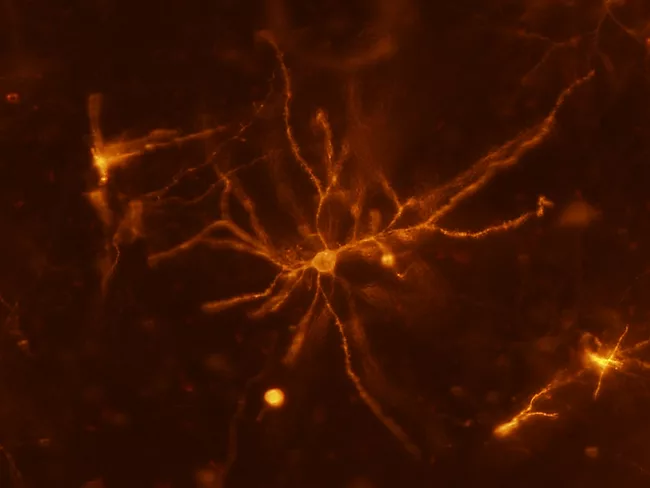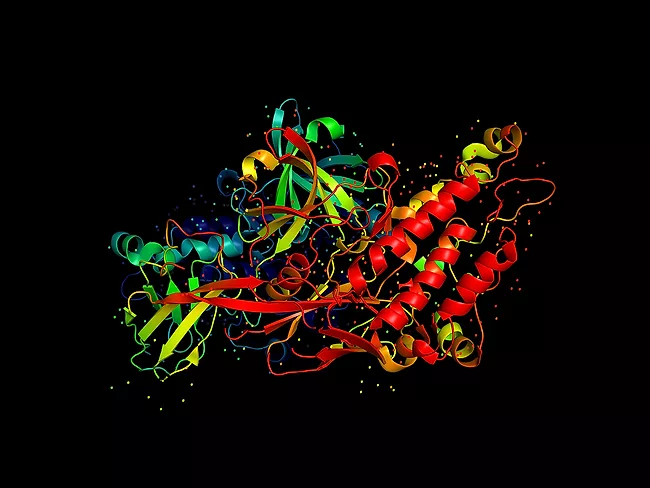
- BioWorld
- BioWorld MedTech
- BioWorld Asia
- BioWorld Science
- Data Snapshots
- Special reports
- Infographics: Dynamic digital data analysis
- Trump administration impacts
- Biopharma M&A scorecard
- BioWorld 2024 review
- BioWorld MedTech 2024 review
- BioWorld Science 2024 review
- Women's health
- China's GLP-1 landscape
- PFA re-energizes afib market
- China CAR T
- Alzheimer's disease
- Coronavirus
- More reports can be found here
ARTICLES
Neurology/Psychiatric
Deficient synaptic pruning could explain mental health disorders during adolescence
April 27, 2023
Infection
Unique binding pocket is clue to develop inhibitors against Helicobacter pylori
April 26, 2023
Genetic/Congenital
Questions arise about nonsilent effect of synonymous mutations
April 25, 2023
Neurology/Psychiatric
Mature oligodendrocytes play minor role in remyelination
April 20, 2023
Neurology/Psychiatric
Enzyme inhibitor reduces tau aggregates in Alzheimer’s models
April 18, 2023
Neurology/Psychiatric
Obsessive-compulsive disorder-related proteins identified in astrocyte compartments
April 13, 2023
- BioWorld
- BioWorld MedTech
- BioWorld Asia
- BioWorld Science
- Data Snapshots
- Special reports
- Infographics: Dynamic digital data analysis
- Trump administration impacts
- Biopharma M&A scorecard
- BioWorld 2024 review
- BioWorld MedTech 2024 review
- BioWorld Science 2024 review
- Women's health
- China's GLP-1 landscape
- PFA re-energizes afib market
- China CAR T
- Alzheimer's disease
- Coronavirus
- More reports can be found here





